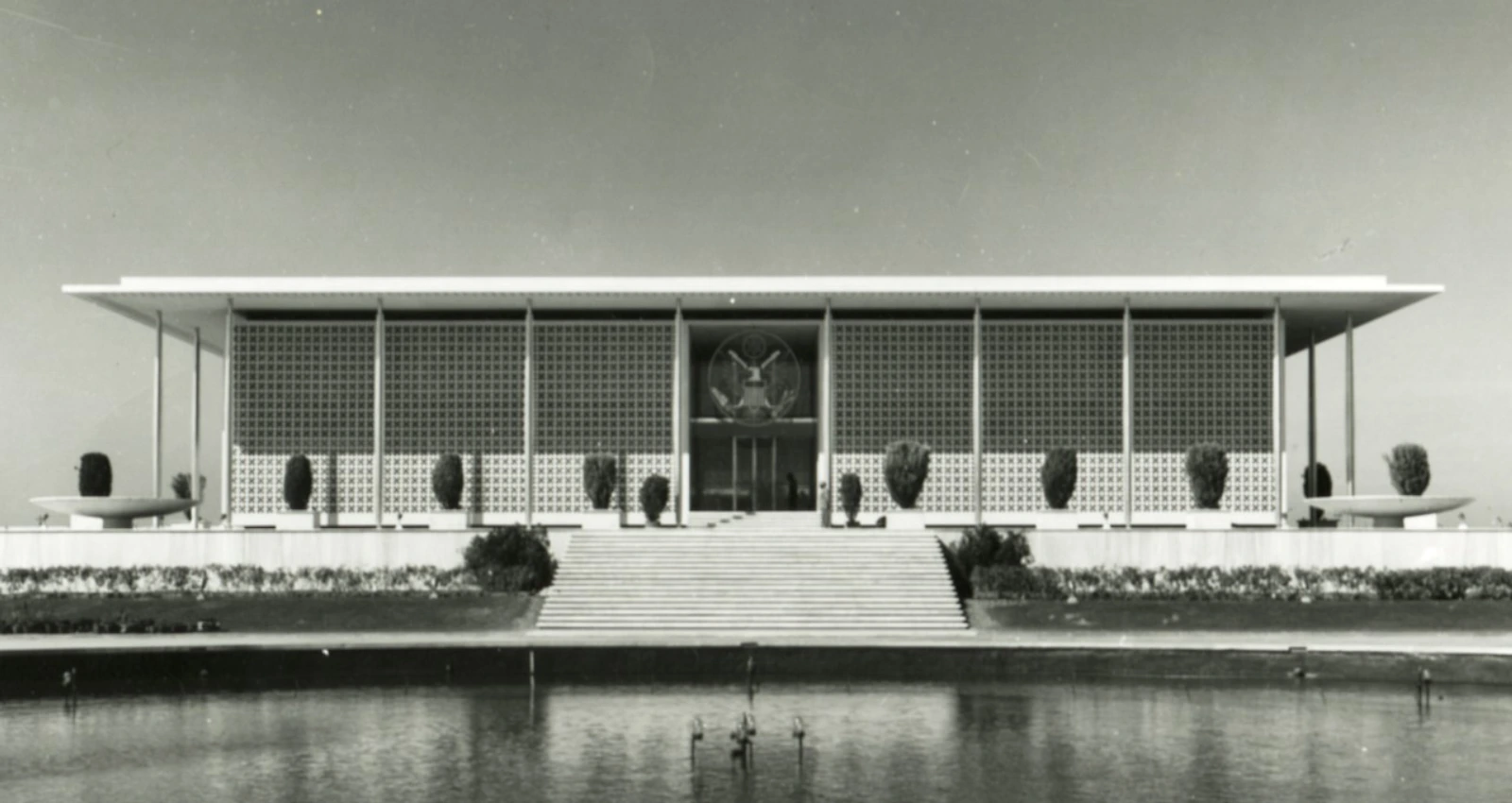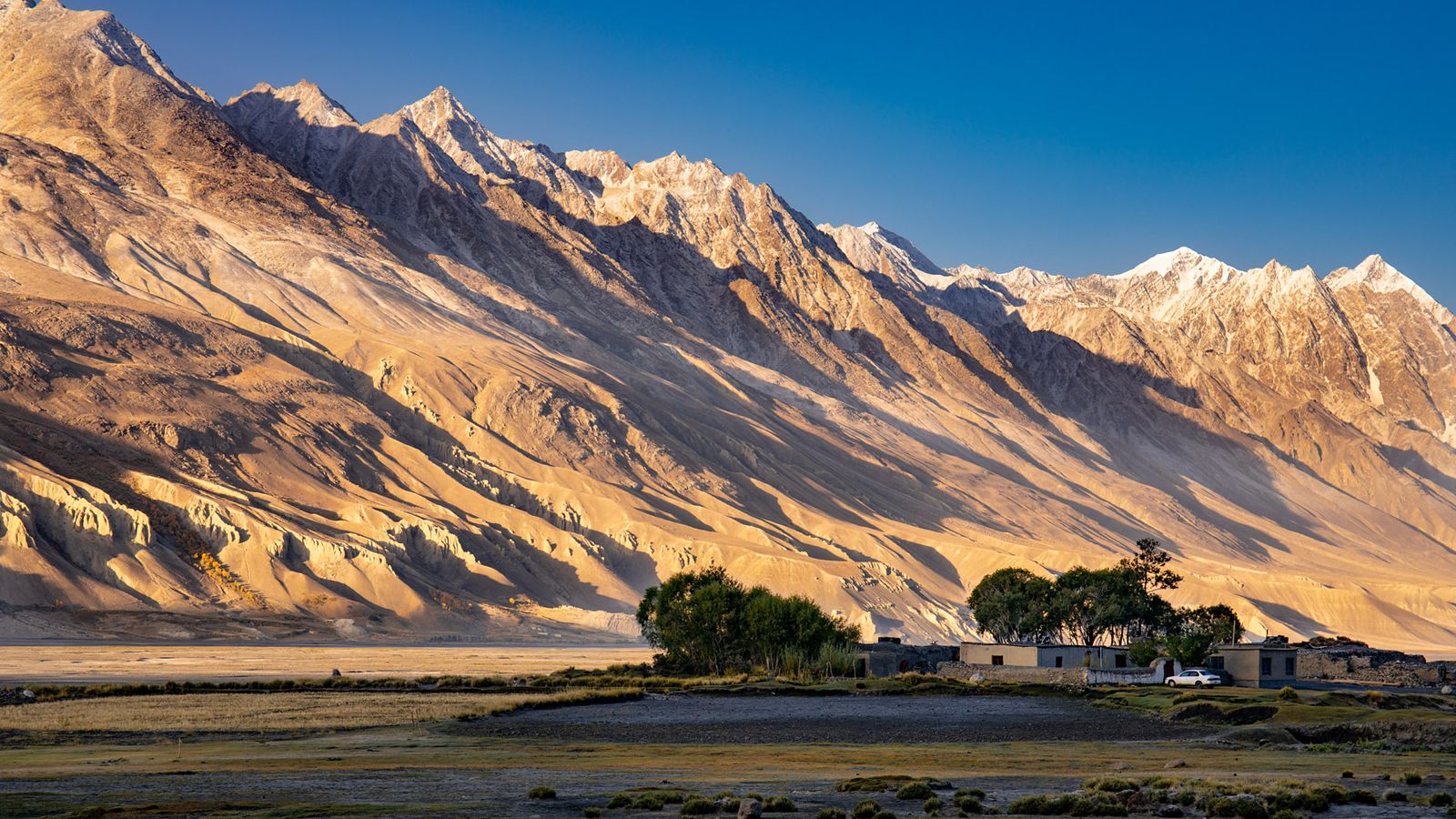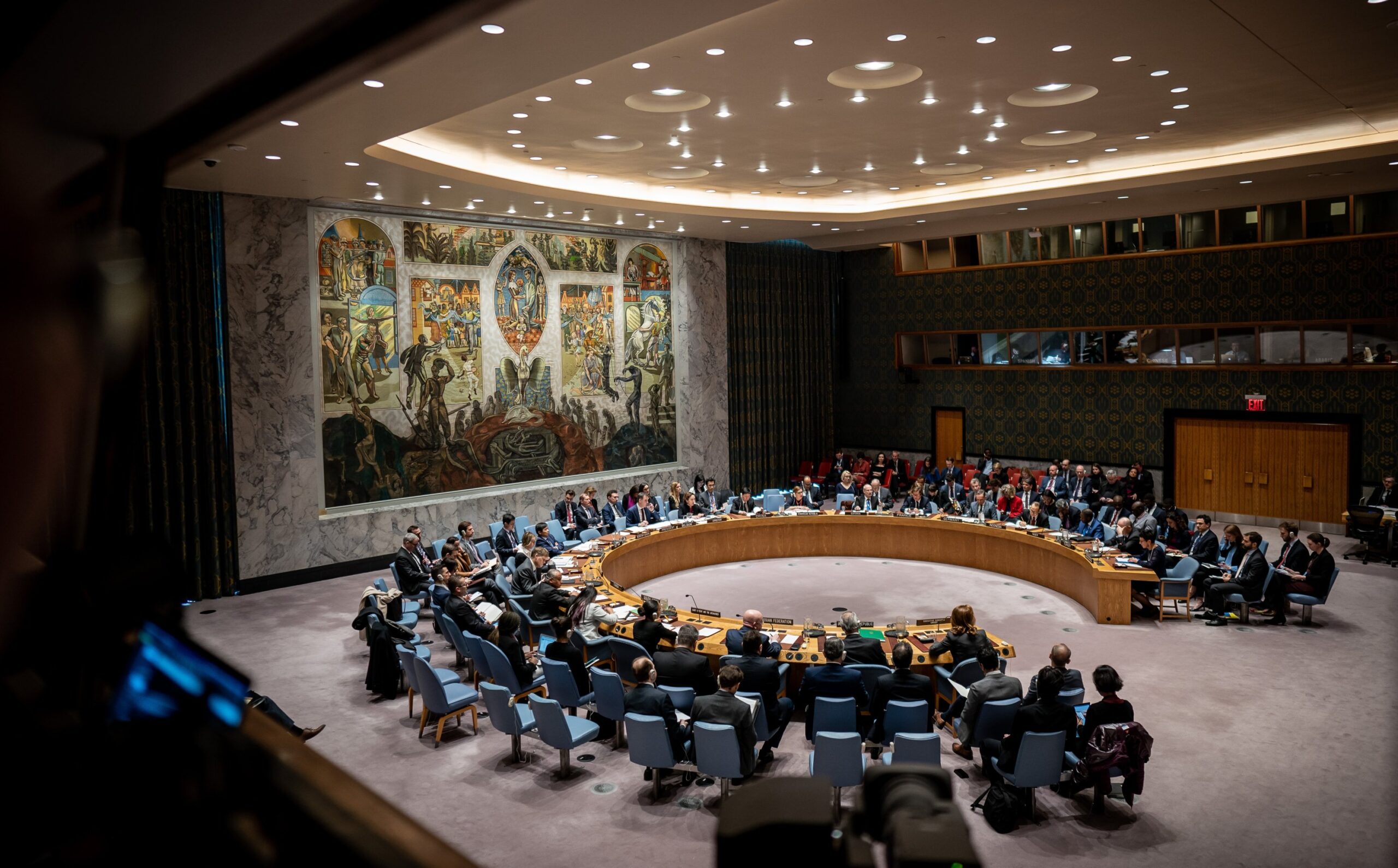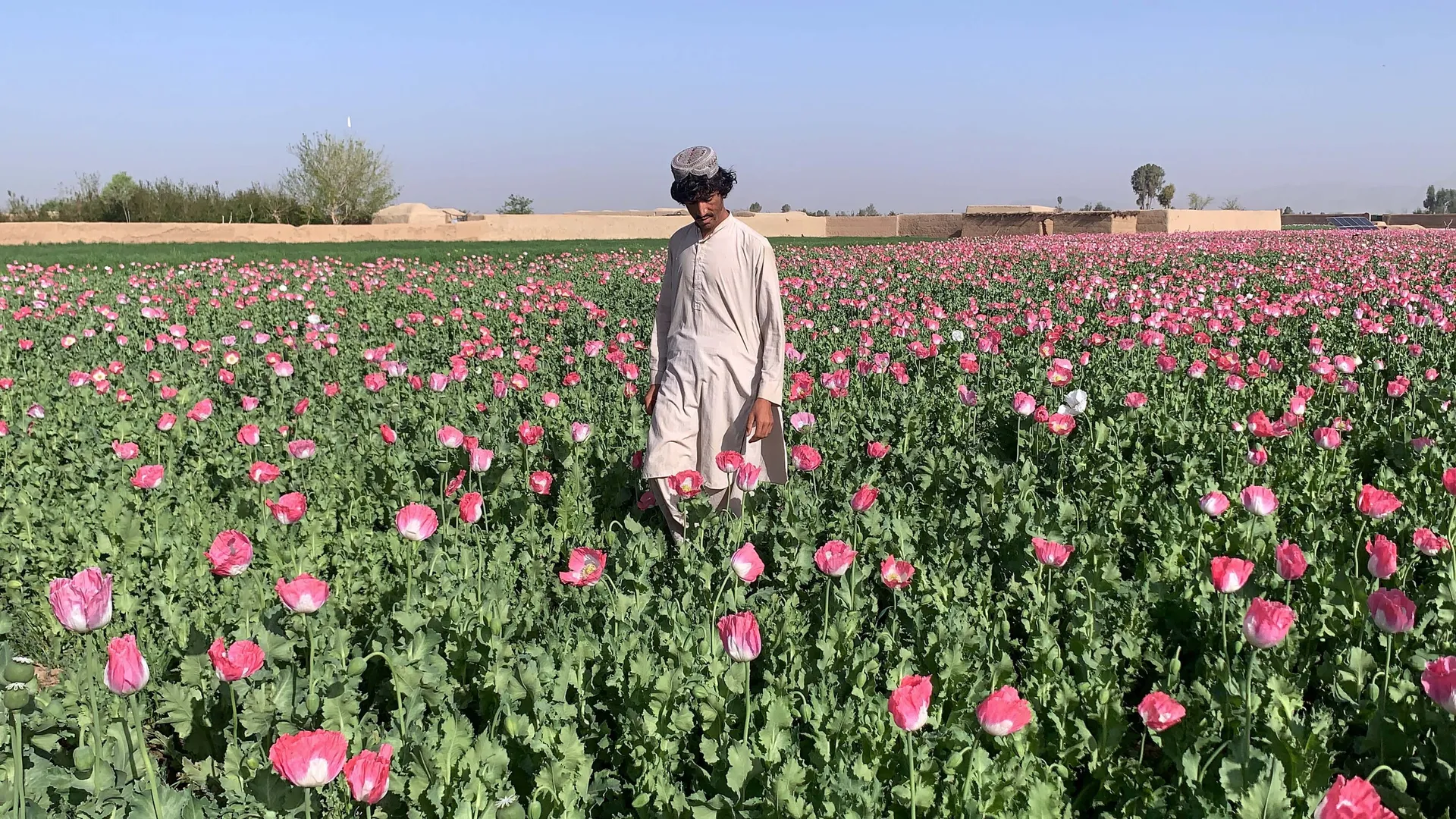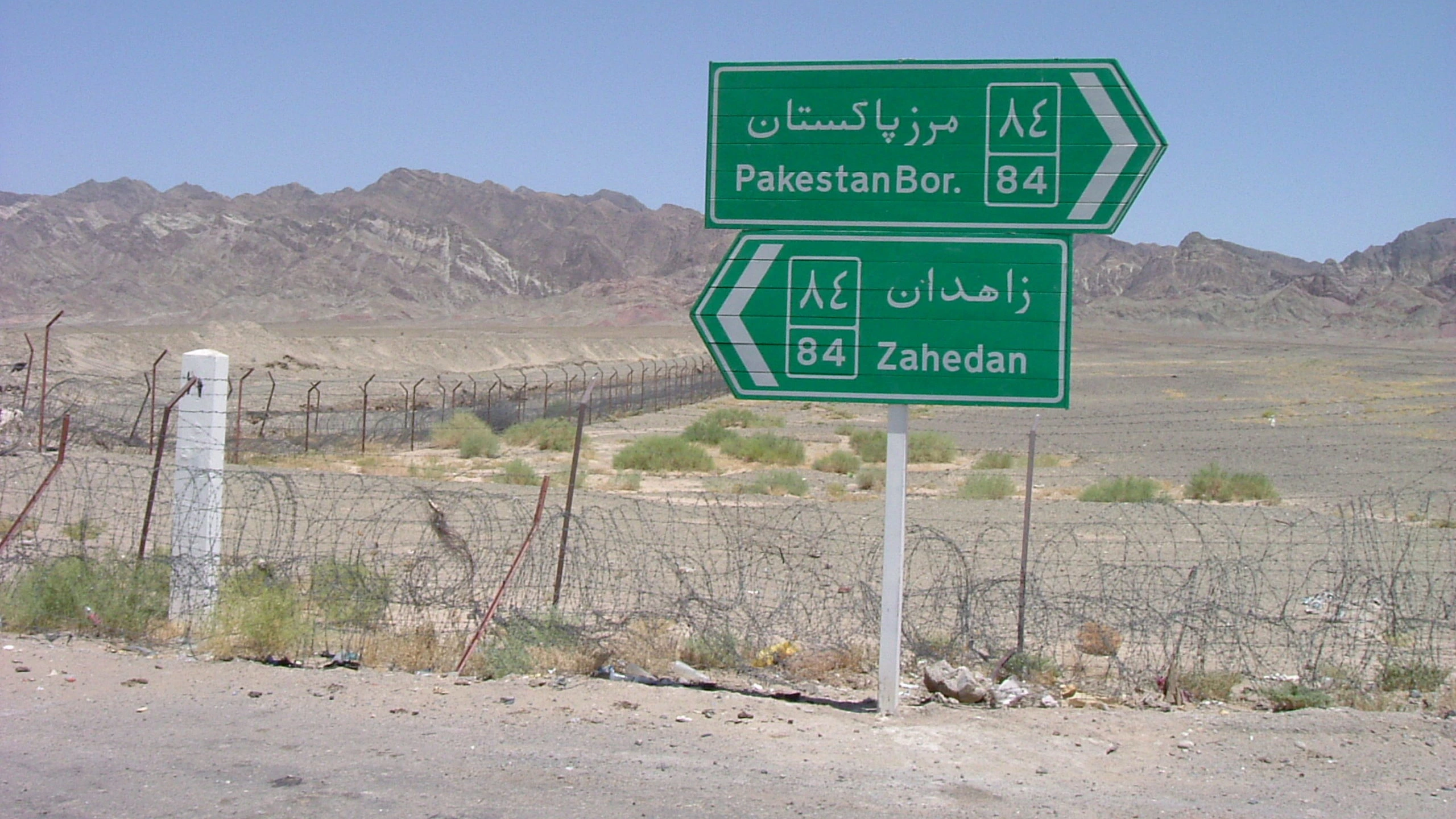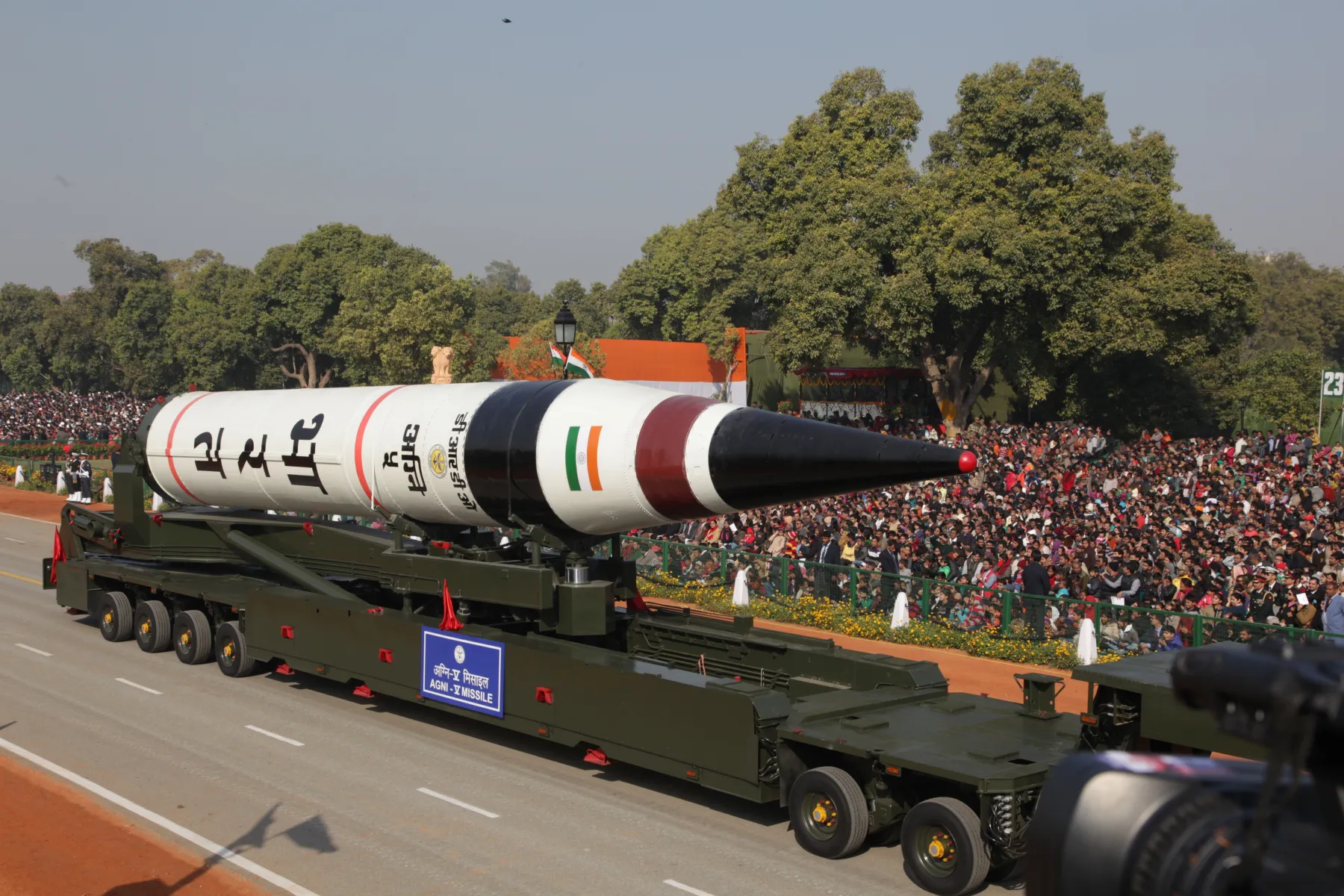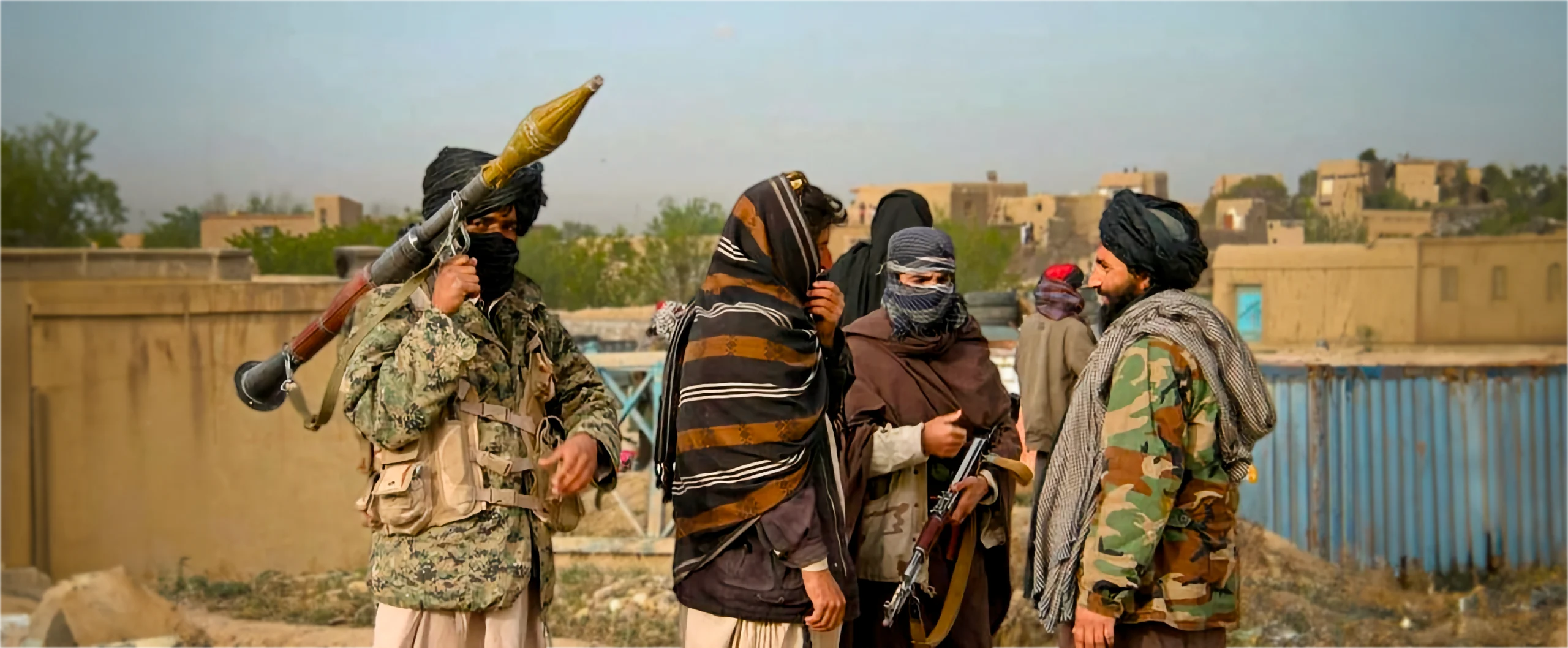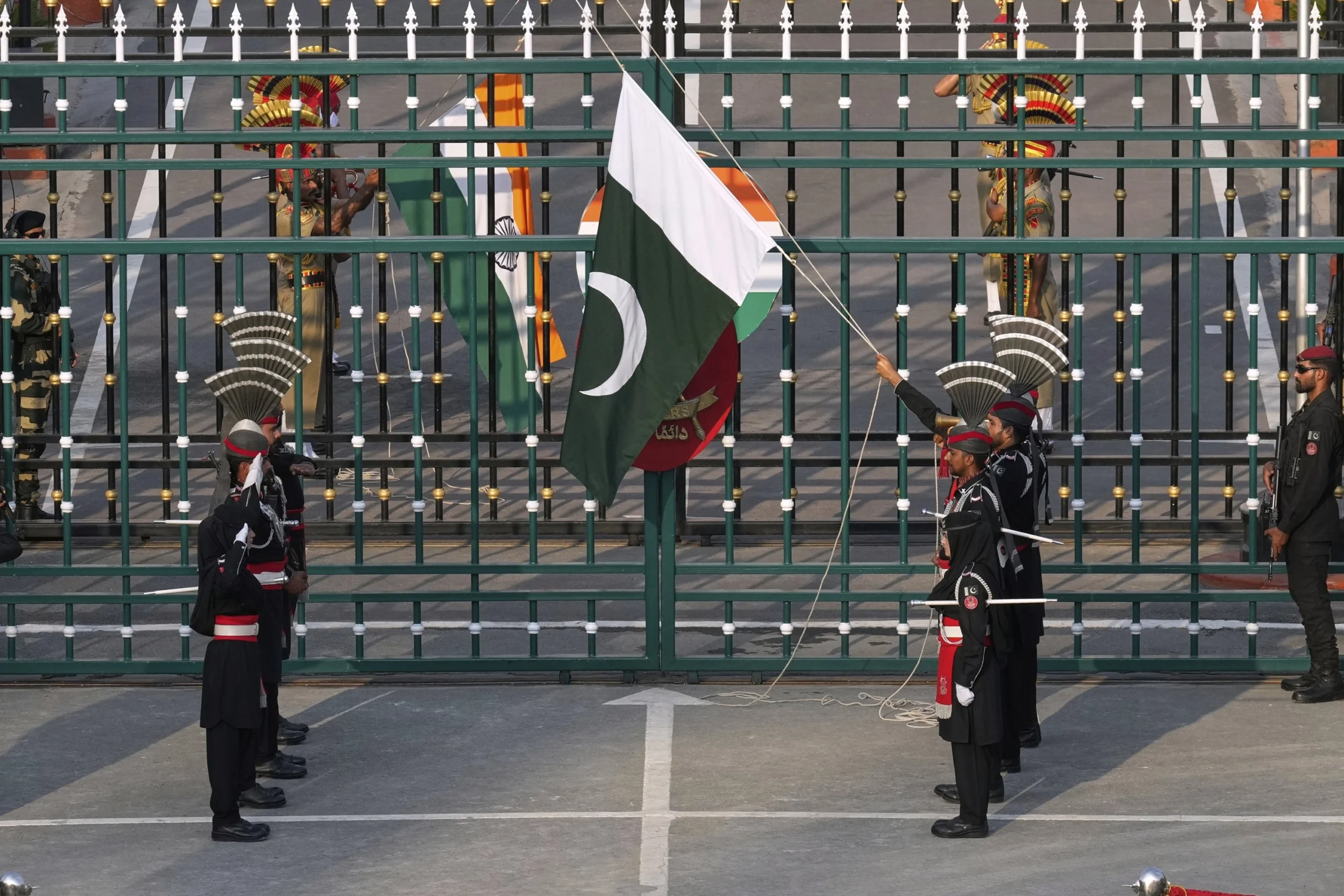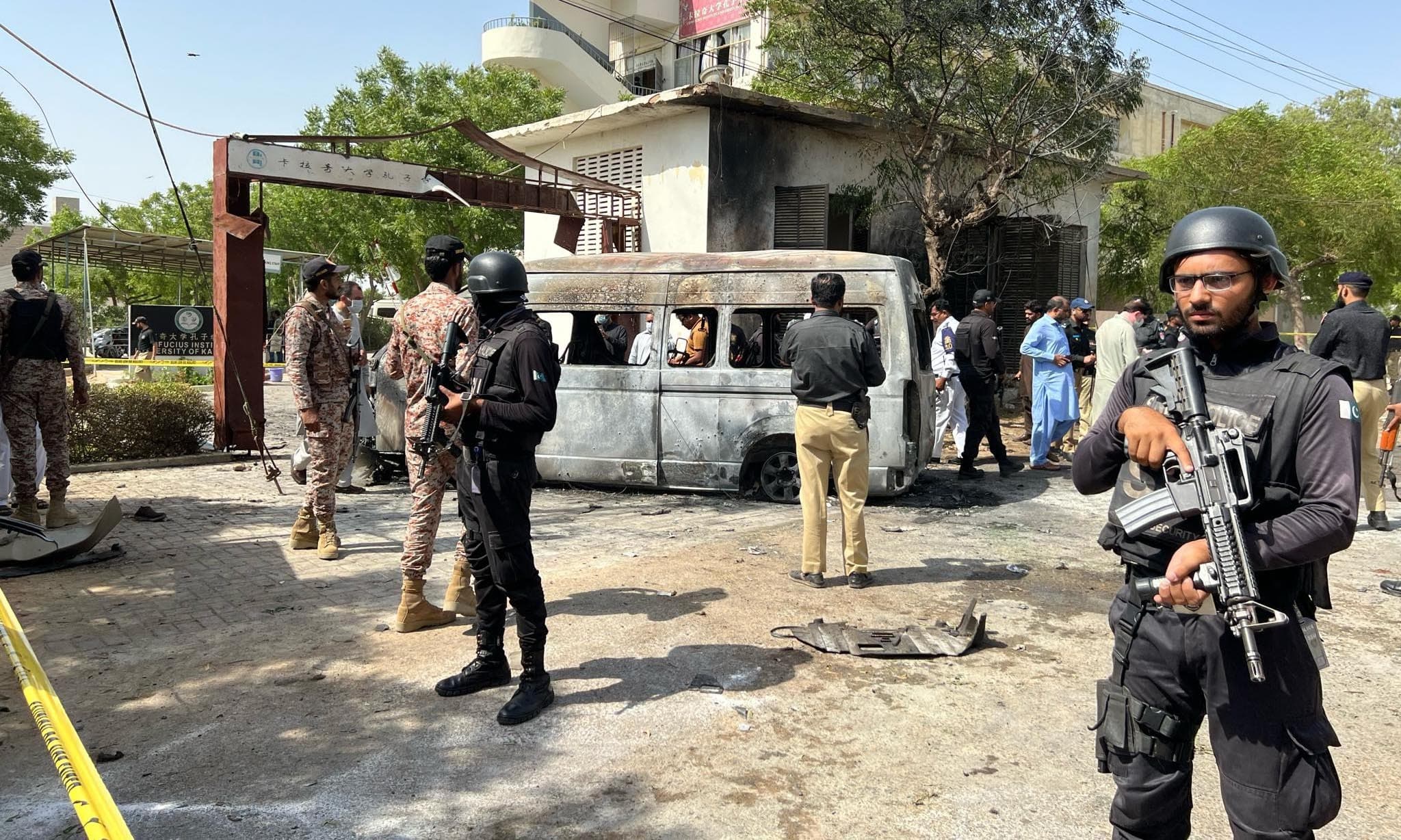
When the Aggressor Plays the Victim: India’s Misuse of International Law
India’s May 2025 cross-border strike, Operation Sindoor, is framed as legitimate self-defense under international law. In reality, it was an unlawful act of aggression without evidence, setting a perilous precedent that undermines sovereignty and fuels instability in South Asia.

